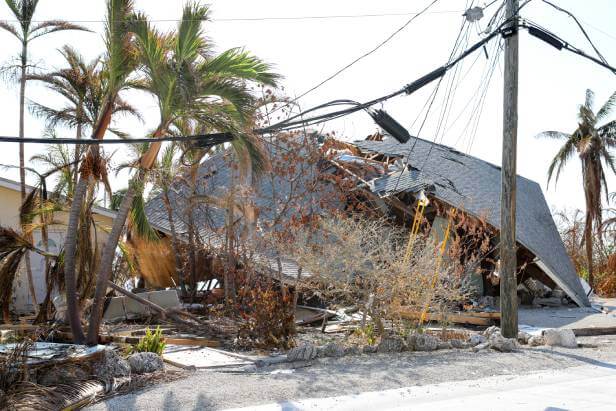Springtime is “fix it” time. After a winter of pipes burst from freezing, gutters bowed by snow and spending time in a “too small” house, spring is the time to catch up on household repairs or add additional space at home. For those projects that are too big or too complex for the “Do-It-Yourselfer,” a building contractor, plumber, carpenter or other tradesman is essential.
Most contract disputes with building contractors and tradesmen arise because of lack of communication and misunderstandings about the work to be performed. Here are 10 things you can do to help minimize problems when you hire a contractor or tradesman.
1.ALWAYS check references. Request the names and phone numbers of the owners of the last three projects completed by the contractor, then phone the owners and ask them about their experience with the contractor.
2. If possible, visit at least one of the projects and closely inspect the detail work on the job. Sloppy detail work is a major warning sign.
3. Check with your local Better Business Bureau and ask for a complaint history on the contractor.
4. Ask to see the contractor’s license that authorizes the contractor to perform the work you want the contractor to perform, a copy of his or her insurance policy and bond.
5. ALWAYS get a detailed written estimate of the cost and scope of the work before agreeing to it.
6. ALWAYS incorporate the estimate into a concise, clearly worded agreement describing the work to be performed and the price that is signed by you and the contractor and includes a time frame for the work to be completed and a “hold back” provision that permits you to withhold a portion of the final payment until the work is completed and all governmental inspections are completed and passed.
7. If your agreement is on “cost-plus” basis, demand copies of all invoices and insure they are marked “paid” before reimbursing the contractor for them.
8. ALWAYS describe any changes to the work in writing and include the description of the changes in the work and changes in the cost of the project. The document should be signed by both you and the contractor.
9. Inspect the work as it is being performed and compare it to the description in your agreement. The earlier you detect any problems in performance, the earlier you can correct them.
10. Your LegalShield provider law firm can assist you with all of these issues. Call your provider law firm before you sign a contract, whenever a problem arises or if you have any questions.





